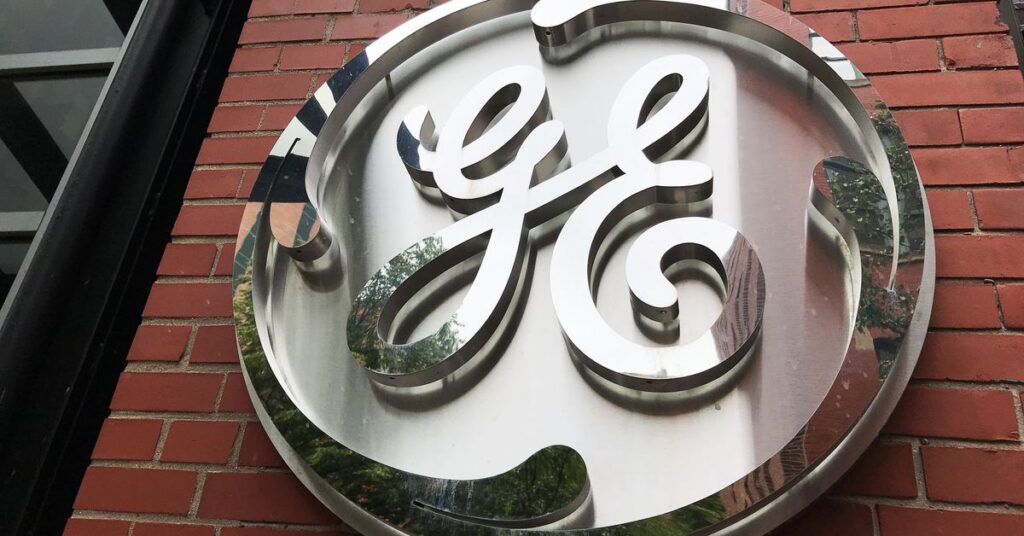April 25 (Reuters) – General Electric Co (GE.N) on Tuesday raised the low end of its full-year profit forecast after quarterly profit topped Wall Street estimates as strong air travel demand drove up sales of jet engine spare parts and services.
Rising interest rates, high inflation, mounting job losses and turmoil in the banking industry have increased the odds of an economic recession as soon as the second half of the year.
But CEO Larry Culp told Reuters that GE’s businesses have not seen any loss in momentum nor has its supply base faced credit pressure in “any meaningful way,” he said.
“We’re on watch,” Culp said in an interview. “But, thus far, we really haven’t seen anything from where we sit.”
GE’s shares, which have gained 53% this year, were little changed, up about 0.3% at $100.5 in morning trade.
A speedy recovery in aviation from the depths of the pandemic has lifted results of engine makers as supply chain disruptions have forced airlines to use older jets, boosting demand for aftermarket services.
At GE’s aviation unit, which makes engines for jets of Boeing Co (BA.N) and Airbus (AIR.PA), services revenue was up 35% in the first quarter from a year ago. Services accounted for 70% of the unit’s revenue last year.
Overall, its aviation revenue rose 25% in the quarter, as price increases and productivity gains helped alleviate the pain of industry-wide supply shortages and high inflation.
Culp said that while labor supply has improved marginally, the company is still finding it challenging to find trained and skilled workers.
The company has also seen some moderation in price pressures, but expects inflation to remain a headwind this year.
“Price-cost will be a positive for us this year,” Culp said. “But inflation is not yet slayed.”
The company said tax credits for wind projects offered under the U.S. Inflation Reduction Act (IRA) have boosted demand in North America, leading to a jump in orders at its renewable energy business.
The unit, part of the company’s portfolio of energy businesses called GE Vernova, has failed to turn a profit in the past nine quarters. Its loss, however, narrowed in the first quarter from a year ago.
The Boston-based industrial conglomerate now expects 2023 adjusted profit per share of $1.70 to $2.00, compared with its earlier forecast of $1.60 to $2.00.
Free cash flow for the year is estimated to be in the range of $3.6 billion to $4.2 billion, compared with $3.4 billion to $4.2 billion expected previously.
GE’s adjusted profit for the quarter through March came in at 27 cents per share, compared with a profit of 14 cents per share estimated by analysts in a Refinitiv survey.
The company also posted its first free cash flow in the first quarter since 2015.
Reporting by Abhijith Ganapavaram in Bengaluru; Editing by Mark Porter and Anil D’Silva
: .


